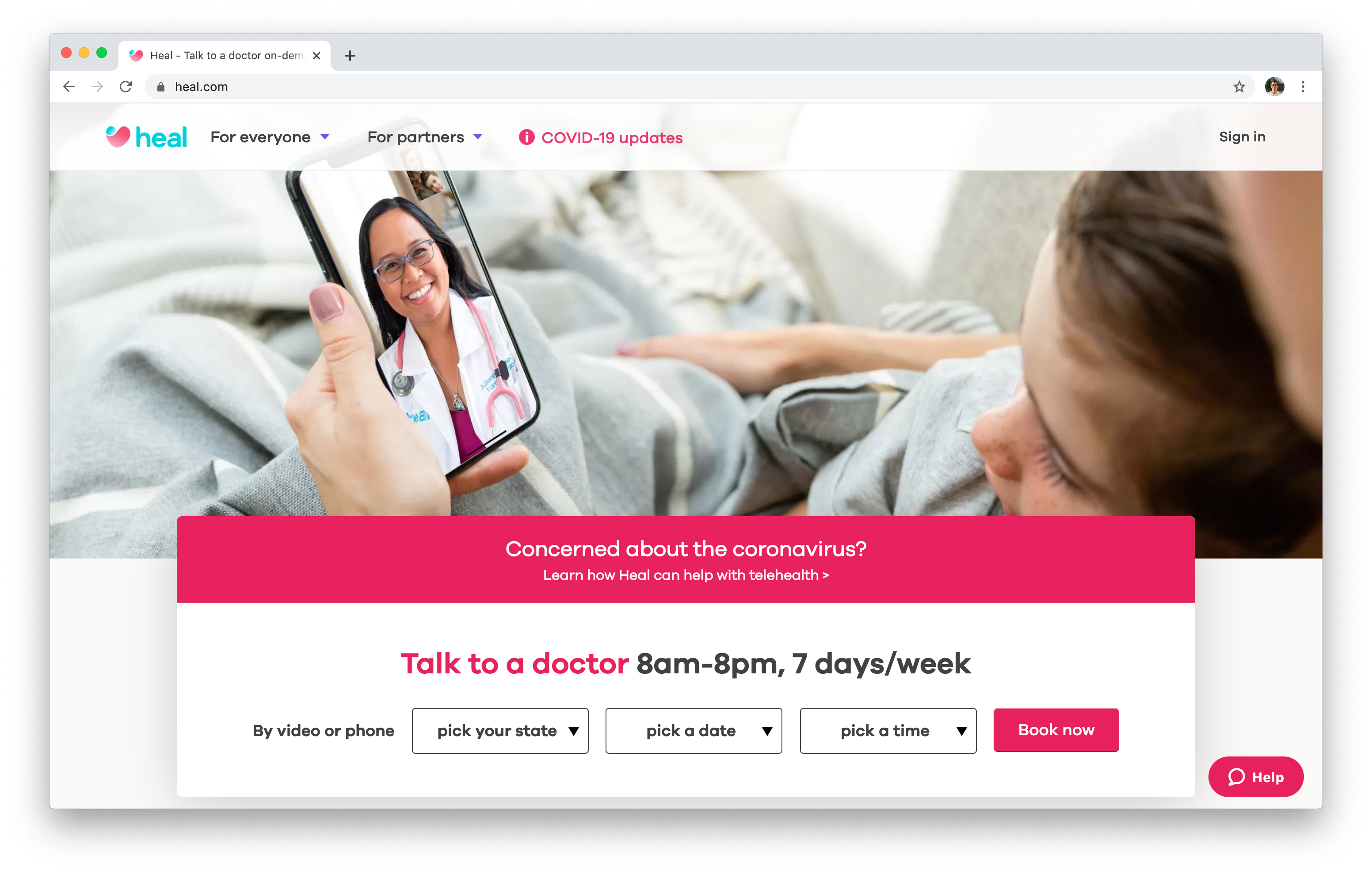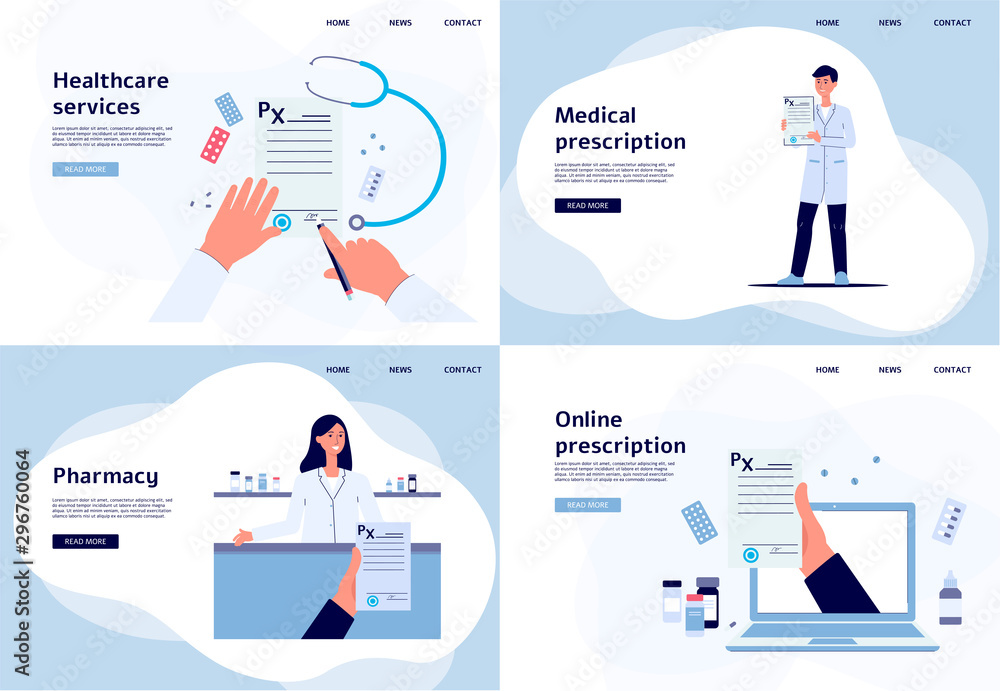Checking out the Growth of Subscription Based Healthcare in the Digital Age
Wiki Article
Navigating the Future of Medication With Subscription-Based Healthcare Solutions
As the healthcare market develops, subscription-based services emerge as a critical model guaranteeing to reshape client care shipment. The responses to these concerns can fundamentally modify our approach to healthcare.Increase of Subscription Health Care
As healthcare systems all over the world face enhancing pressures from increasing costs and demand for solutions, the advent of subscription-based medical care designs has actually arised as a transformative fad. This ingenious technique is disrupting traditional medical care shipment by offering a foreseeable, flat-rate payment framework for clinical solutions. Rooted in the concepts of attendant medicine, subscription-based medical care permits carriers to concentrate on customized client care while simultaneously taking care of operational performances.The boosting consumer need for openness and predictability in healthcare expenditures has driven the change in the direction of this design. Subscription-based services commonly offer straight access to health care professionals, which can reduce the administrative burdens connected with insurance coverage claims and compensations.
This model is getting grip among varied healthcare companies, from medical care physicians to specialized centers, by lining up financial incentives with continuous and preventative treatment. By moving the focus from quantity to value-based care, registration health care has the prospective to reshape the landscape, promoting a more patient-centered and lasting strategy to health and wellness administration.
Advantages for Patients

In addition, subscription-based solutions often emphasize preventive treatment, motivating routine examinations and health screenings. This aggressive strategy can lead to very early detection of health concerns, potentially boosting outcomes and decreasing lasting medical care costs for individuals. Such models typically provide clear prices, enabling people to better comprehend their health care expenditures and prevent unexpected clinical costs.
The personalized nature of subscription-based health care also boosts person experience. Clients can receive tailored healthcare strategies that suit their certain requirements, cultivating an extra patient-centric technique. This personalization can cause better individual satisfaction and adherence to treatment plans. Additionally, subscription solutions often integrate health cares, sustaining people in preserving overall health and wellness and health. Inevitably, these advantages jointly contribute to a more efficient, affordable, and patient-friendly healthcare experience.
Innovation's Duty in Improvement

Artificial knowledge (AI) plays a crucial function in anticipating analytics, aiding in very early medical diagnosis and tailored therapy plans. AI formulas analyze vast datasets to recognize patterns that could be forgotten by human observation, hence boosting clinical decision-making. Additionally, electronic wellness records (EHRs) improve client info administration, making sure continuity and comprehensibility of care across various services and companies.
Blockchain modern technology boosts data protection and personal privacy, important for keeping patient rely on digital systems. It enables secure and clear purchases of clinical information, making sure that sensitive details remains safeguarded. With the combination of artificial intelligence and AI, blockchain can automate complicated health care procedures, minimizing management problems.
Considerations and challenges
While modern technology drives the capacities of subscription-based health care solutions, it additionally introduces a collection of obstacles and considerations that should be dealt with to guarantee effective implementation. One significant obstacle is the fair access of these services.Information personal privacy and safety stand for one more critical factor to consider. Subscription-based services usually entail the collection and storage space of large quantities of personal health and wellness details. Providers have to comply with strict data defense regulations to preserve client trust Check Out Your URL fund and prevent unapproved access, which might result in substantial honest and legal effects.
Moreover, the sustainability of membership designs poses an obstacle. As healthcare needs evolve, maintaining an affordable equilibrium in between membership costs and solution top quality is important to avoid person frustration and attrition. Incorporating these solutions within traditional health care systems requires seamless interoperability between platforms, which is typically a complicated and resource-intensive undertaking. Dealing with these obstacles is essential as subscription-based health care solutions proceed to broaden and evolve.
Future Implications for Medication
Subscription-based health care services are poised to considerably affect the future landscape of medication by improving just how care is accessed and supplied. These models supply the potential to equalize healthcare accessibility, giving people with even more timely and customized treatments. By leveraging technology, such as telemedicine and information analytics, subscription services can facilitate continual find out monitoring and tailored wellness monitoring, hence boosting results and lowering the problem on traditional health care systems.
As these solutions gain traction, they could stimulate a shift towards preventative care, stressing the relevance of very early detection and management of persistent conditions. This aggressive strategy might eventually lower healthcare prices by minimizing the demand for expensive therapies emerging from late-stage condition management. Registration models offer a scalable service to address differences in medical care accessibility, particularly in country or underserved populaces.
Nonetheless, the transition in the direction of subscription-based versions demands addressing honest and regulative factors to consider, including information privacy and equitable access. As the sector evolves, collaborative efforts between policymakers, technology designers, and doctor will be crucial to establishing durable structures that secure client rate of interests while cultivating innovation. Inevitably, these solutions promise to add dramatically to an extra reliable, patient-centered medical care community.

Conclusion
Visit This Link Subscription-based health care solutions represent a considerable development in the clinical field, providing foreseeable expenses and individualized treatment that improve access and focus on preventive procedures. As the health care landscape develops, registration models are positioned to play an important duty in forming the future of medication.As the health care sector progresses, subscription-based services emerge as a crucial version promising to improve patient care delivery.As medical care systems around the globe face boosting stress from rising expenses and demand for solutions, the development of subscription-based healthcare versions has actually emerged as a transformative fad (subscription based healthcare).With the increase of subscription-based medical care models reshaping standard healthcare delivery, individuals are starting to experience substantial benefits from this ingenious strategy. As health care needs progress, maintaining a cost-efficient equilibrium in between registration costs and service high quality is vital to prevent person dissatisfaction and attrition.Subscription-based healthcare services are positioned to significantly affect the future landscape of medication by improving exactly how treatment is accessed and delivered
Report this wiki page